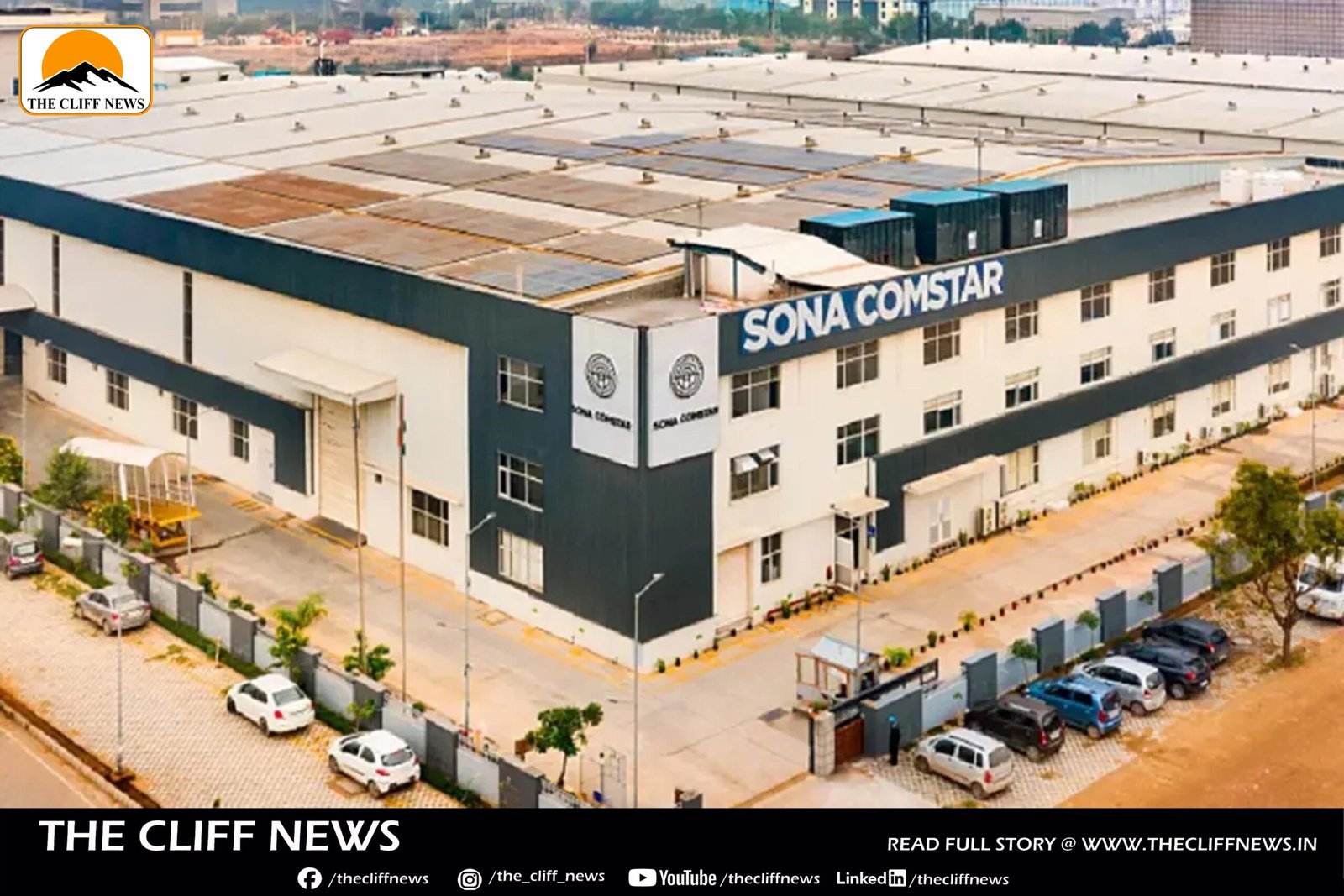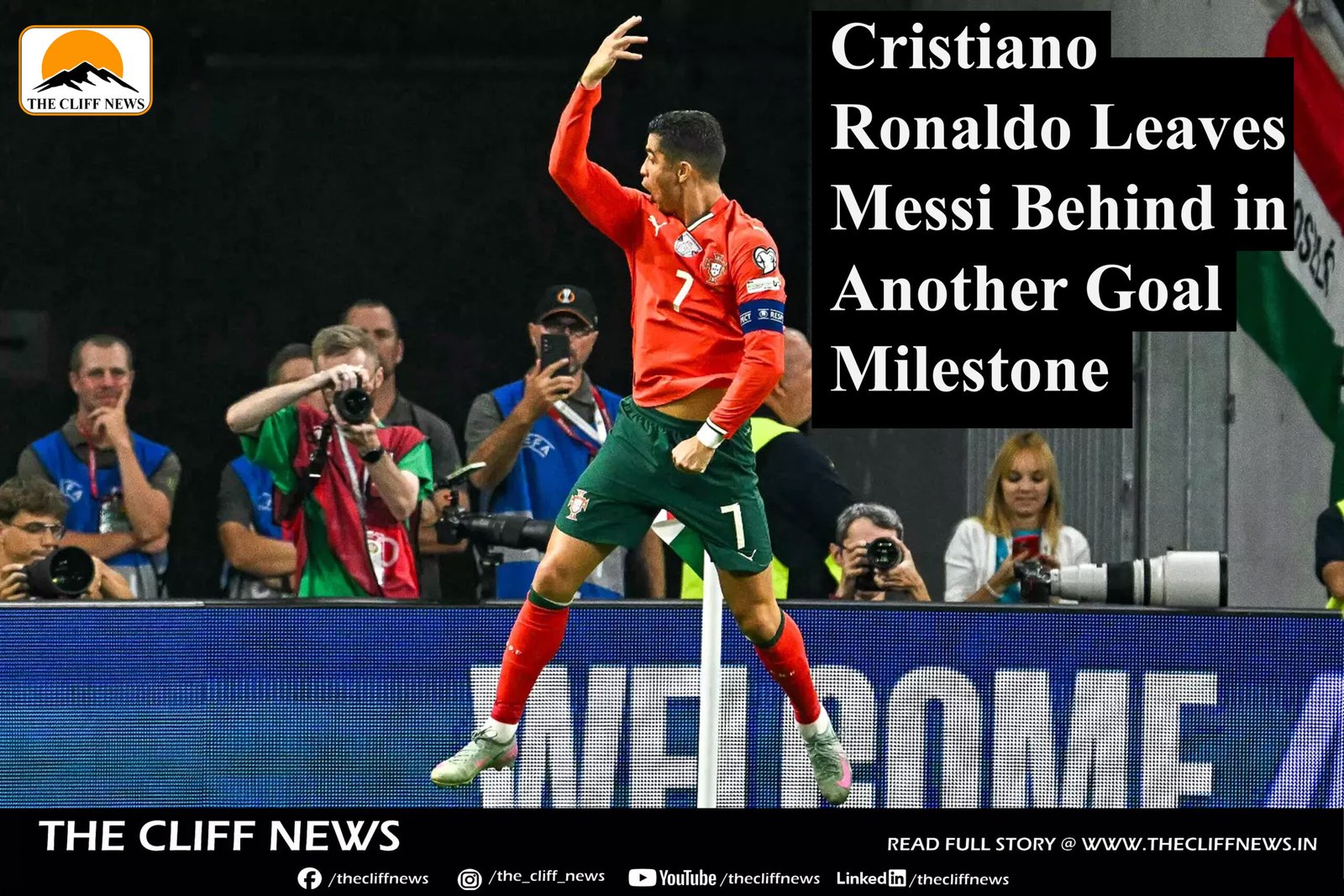China has rejected one of the rare earth magnet (REM) export applications filed by Indian auto component giant Sona Comstar, raising alarm bells across India’s automotive industry. This marks the first known rejection for an Indian company under China’s new export control regime, introduced in April, which mandates stricter licensing and documentation for exports of sensitive materials.
Sona Comstar, a critical supplier to global automotive names such as Ford, Toyota, Hyundai, and Volkswagen, and to Indian OEMs like Maruti Suzuki, Bajaj Auto, and TVS Motor, had submitted two applications to import rare earth magnets. Of these, one has been denied, while the other remains under review.
The rejection comes at a time when REMs are already in tight global supply, and Indian manufacturers are increasingly concerned about disruptions. Sources indicated that while the denial is not necessarily final—Sona can reapply—it reflects the tightening regulatory environment and the urgency with which Indian firms now need to seek alternatives or engage diplomatically.
Production Concerns Mount Among Indian Auto Majors
While Maruti Suzuki reported no immediate impact on its domestic operations, its parent company, Suzuki Motor Corporation, has suspended production of the Swift model in Japan, citing REM-related shortages. The more pressing warnings have come from Bajaj Auto and TVS Motor, two of Sona Comstar’s key domestic clients.
TVS Motor managing director Sudarshan Venu noted that disruptions could begin as early as June or July. “There will be a cost increase to the customer. We are trying to de-risk, but the price impact is real,” he said. Bajaj Auto also expects inventory depletion to lead to serious production bottlenecks if supplies don’t resume in time.
Export Controls Tighten
Under China’s revised export rules, importers must now submit detailed end-use certificates, explaining how and where REMs will be used. These certificates undergo stringent vetting by Chinese authorities. Globally, many companies have seen their requests turned down and are now seeking diplomatic solutions or resubmitting paperwork with updated justifications.
Sona Comstar’s proactive submission may have made it among the first to be processed—and thus, one of the first to face rejection. However, the company has not issued a public statement on the matter.
Industry Eyes Diplomatic Outreach
In response to the growing uncertainty, Indian auto component manufacturers are reportedly planning to send a delegation to China. The goal would be to assure Chinese regulators of the purely civilian and commercial use of REMs and seek expedited processing of pending applications. However, efforts to engage directly with Chinese authorities have yet to yield results.
With demand for electric vehicles rising and rare earth components becoming increasingly strategic, this episode could signal deeper geopolitical tensions spilling over into industrial supply chains. For Indian automakers and suppliers, the race is now on to diversify sources, manage inventories, and avoid production slowdowns in the critical months ahead.



